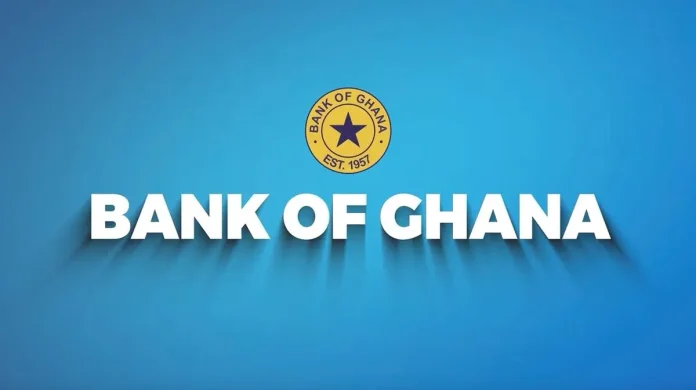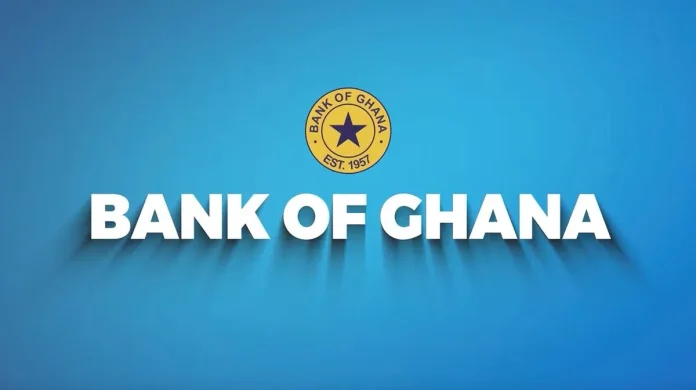
Ghana’s central bank has issued a stark warning that cybersecurity threats and online fraud are growing almost as rapidly as the country’s booming digital financial services sector.
Dr. Zakari Mumuni, First Deputy Governor of the Bank of Ghana (BoG), delivered the warning at a recent stakeholder workshop focused on the Draft National Payment Systems Strategy covering 2025 to 2029. He acknowledged that while mobile money, online banking, and fintech platforms have transformed financial access for millions of Ghanaians, they’ve also opened new doors for criminals.
“We must not allow these risks, though formidable, to erode the considerable progress we have made,” Dr. Mumuni told industry participants. His comments reflect growing concern among regulators that the rapid digitization of financial services, while beneficial, has outpaced security measures in some areas.
The deputy governor emphasized that maintaining trust in digital financial systems isn’t optional. It’s actually the foundation that everything else is built on. Without user confidence, even the most innovative platforms struggle to gain traction.
So what’s the central bank doing about it? According to Dr. Mumuni, the BoG is pushing forward with several technical solutions. These include open banking frameworks that create standardized ways for different financial institutions to share data securely, electronic Know Your Customer systems that verify identities digitally, and trusted digital identity platforms that reduce fraud while making it easier for legitimate users to access services.
The strategy represents more than just tweaking existing policies. Dr. Mumuni described it as transformative, aiming to strengthen the resilience of Ghana’s payment infrastructure while simultaneously expanding financial inclusion to underserved populations.
Interestingly, the approach recognizes that security and accessibility don’t have to be opposing goals. The public digital infrastructure being promoted is designed to lower barriers for new market participants, potentially bringing more competition and innovation to the sector, while also creating more robust defenses against fraudsters.
Dr. Mumuni made it clear that no single institution can tackle these challenges alone. He called for tighter collaboration among commercial banks, fintech startups, regulatory bodies, and technology providers. The message was straightforward: collective vigilance is the only realistic defense against increasingly sophisticated fraud schemes targeting digital payment users.
The workshop comes as Ghana continues its transition toward a cashless economy, a shift accelerated by the COVID pandemic and sustained by the convenience of digital transactions. However, this transformation has made the country’s financial system an attractive target for cybercriminals, both domestic and international.
The draft strategy will guide Ghana’s payment systems development through 2029, with stakeholder input still being collected before finalization. Industry observers expect the final document to include specific targets for reducing fraud incidents while maintaining the growth trajectory of digital financial services.
